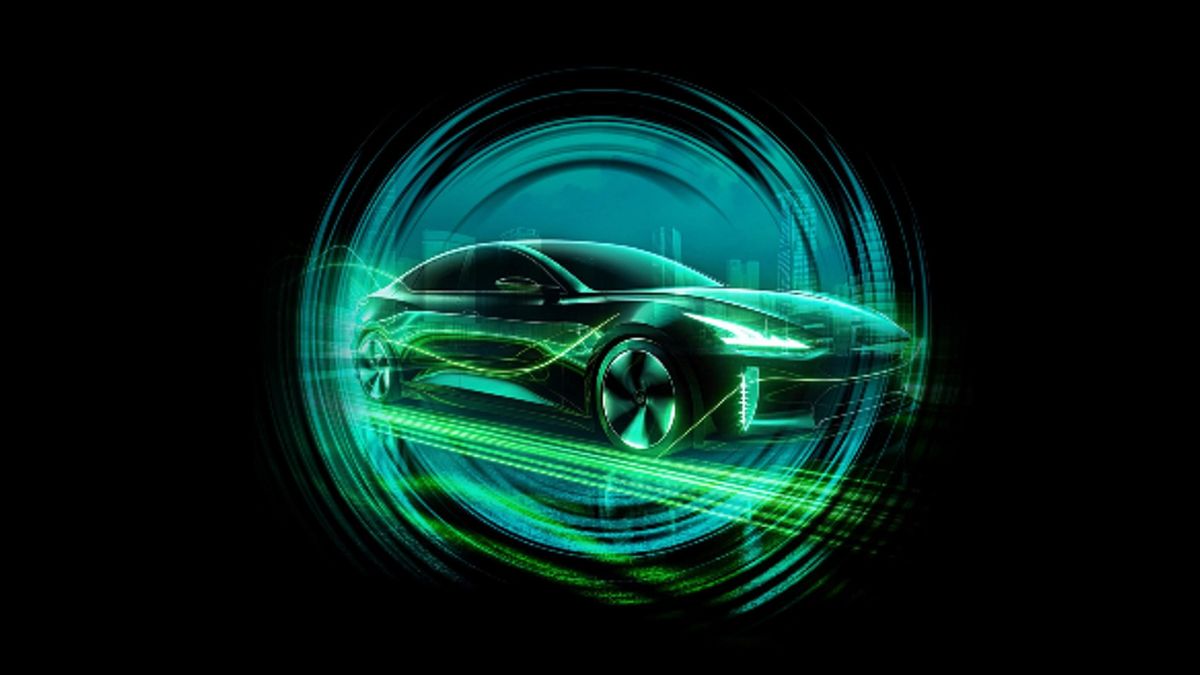The automotive industry 2025 is undergoing a transformative shift, driven by innovations in electric vehicles (EVs), smart technologies, and a global push towards sustainable mobility. This revolution is redefining how vehicles are designed, manufactured, and experienced, setting new benchmarks for innovation, efficiency, and environmental responsibility.
Global Automotive Market Outlook 2025
In 2025, the automotive industry is projected to reach 89.6 million vehicle sales globally, with electric vehicles (EVs) making up a significant share. Battery electric vehicles (BEVs) are expected to exceed 15 million units sold, highlighting the rapid transition towards clean mobility solutions.
While EV adoption is growing steadily, hybrid vehicles continue to serve as a bridge technology in regions where charging infrastructure is still developing. The automotive industry 2025 is witnessing this dual approach as a practical strategy to accelerate sustainable transportation.
Electrification: Leading the Future of the Automotive Industry 2025
Key Drivers of EV Adoption
- Government Policies & Incentives: Regulatory support, tax credits, and emission standards are boosting EV sales.
- Battery Advancements: The development of solid-state batteries will offer longer range, faster charging, and improved safety.
- Vehicle-to-Grid (V2G) Technologies: EVs will contribute to energy grids, enhancing power efficiency and grid stability.
Challenges in Electrification
Despite advancements, challenges like high EV prices, limited charging infrastructure, and raw material shortages remain obstacles for the automotive industry 2025 to address.
Smart Mobility: Connected & Autonomous Vehicles
Technological integration is reshaping the automotive industry 2025, with vehicles becoming smarter and more connected. Over 75% of new vehicles will feature 5G connectivity, V2X communication, and Over-the-Air (OTA) updates, enhancing safety, navigation, and user experience.
Autonomous Driving Innovations
- Level 2+ Autonomy: Features like lane-keeping assist and adaptive cruise control are becoming mainstream.
- Level 3 Autonomy: Conditional self-driving is expanding, though its adoption is moderated by regulatory challenges.
- Shared Mobility Solutions: Autonomous ride-sharing and robo-taxi services are gaining traction in urban centers.
READ MORE: The Future of Automobiles: Electric, Smart & Sustainable Cars Revolutionizing 2025
Sustainability in Automotive Industry 2025
Sustainability is a critical focus for automakers. In 2025, brands are prioritizing eco-friendly practices through:
- Recycled Materials: Interior components made from recycled plastics and vegan leather.
- Battery Recycling Programs: Closed-loop systems to reduce environmental impact.
- Carbon-Neutral Manufacturing: Factories powered by renewable energy, reducing emissions throughout production.
The automotive industry 2025 is also embracing modular vehicle designs and software-defined upgrades to extend product life cycles and minimize waste.
Manufacturing Innovations & Workforce Transformation
The transition to Software-Defined Vehicles (SDVs) is reshaping automotive manufacturing. Factories are integrating digital twin technologies and AI-driven design simulations to improve efficiency and reduce costs.
Additionally, workforce reskilling is essential. Employees are transitioning from traditional mechanical roles to expertise in battery technology, software engineering, and electric drivetrain systems.
Regulatory Environment & Competitive Landscape
Regulations focusing on emissions reduction are influencing the strategies of automakers worldwide. Compliance with global CO₂ targets is driving investment in zero-emission vehicles.
Competitive pressures are intensifying as new entrants and established manufacturers compete in the EV and smart mobility sectors. Notably, companies that excel in delivering affordable, high-tech electric vehicles are gaining significant market share.
Cybersecurity is also becoming a priority, with emerging regulations ensuring data privacy and network protection in connected vehicles.
READ MORE: 10 Most Technologically Advanced Countries in the World
Future Trends Beyond 2025
The automotive industry 2025 is laying the groundwork for future innovations, including:
- Solid-State Batteries: Faster charging and extended range.
- V2G Integration: EVs supporting energy grids.
- Flexible Ownership Models: Subscription services replacing traditional vehicle ownership.
- Smart City Connectivity: Seamless integration between vehicles and urban infrastructure.
- Cybersecurity Enhancements: Robust protections for connected and autonomous vehicles.
Conclusion
The automotive industry 2025 is at a pivotal moment, where electrification, smart technologies, and sustainability are reshaping mobility. As manufacturers, policymakers, and consumers align towards a greener and smarter future, the industry is set to deliver innovative solutions that balance performance, efficiency, and environmental impact.
The road ahead is clear: the future of mobility is electric, connected, and sustainable.









